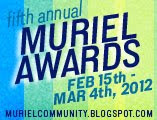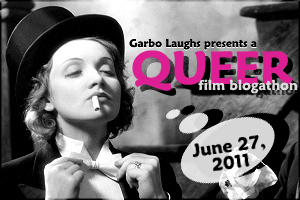By 1941, Cary Grant was THE movie star. Grant had cultivated a screen image based on charm, charisma, impossible good looks, and a refusal to take himself seriously. He was the ideal leading man for the age of the screwball comedy. But there was always something more to the Grant persona. Something darker. You saw glimpses of it in His Girl Friday, in which Hildy Johnson laments of Grant's vile Walter Burns, "I just wish you weren't such a stinker," and tells her fiancee of Burns's charm "he comes by it naturally; his grandfather was a snake." There were glimpses of it, too, in the callousness as armor against loss in Only Angels Have Wings. Even before his major stardom, there was Grant's antagonist opposite Fredric March in The Eagle and the Hawk, in which Grant played the most brutal character he was ever asked to perform. Alfred Hitchcock spotted it right away, and exploited Grant's potential as a sinister leading man in the first two films of their collaboration. In their first film together, Suspicion (1941), Hitchcock confronts the audience directly: could this man, this polished movie star, this easy light comedian, be a murderer?
Tuesday, January 31, 2023
The Grant Mystique: Suspicion (1941)
Posted by
Vulnavia Morbius
at
8:11 AM
0
comments
![]()
Labels: Alfred Hitchcock, Cary Grant, classic film, Suspicion (1941)
Subscribe to:
Posts (Atom)















